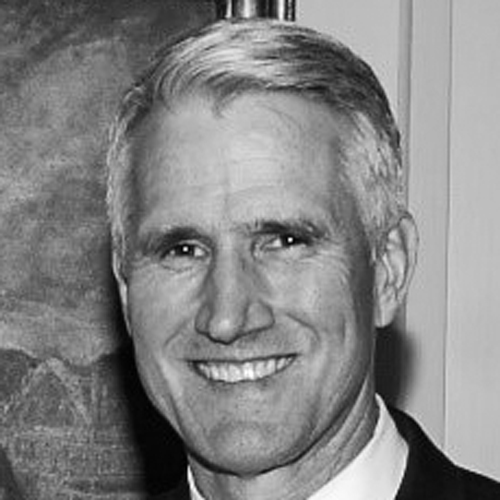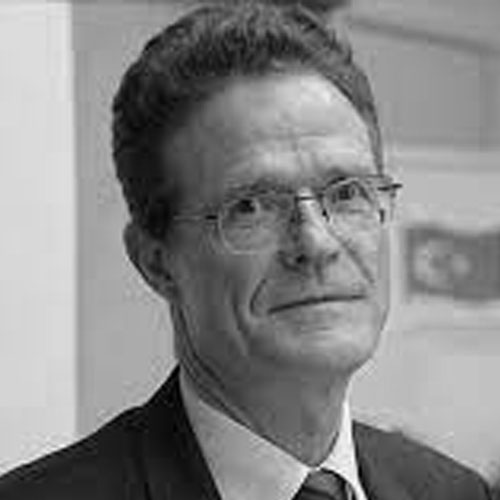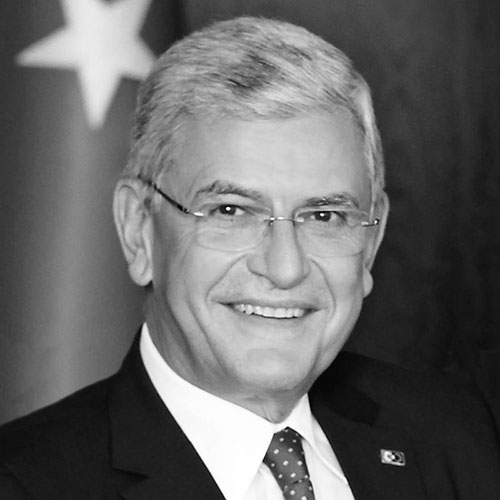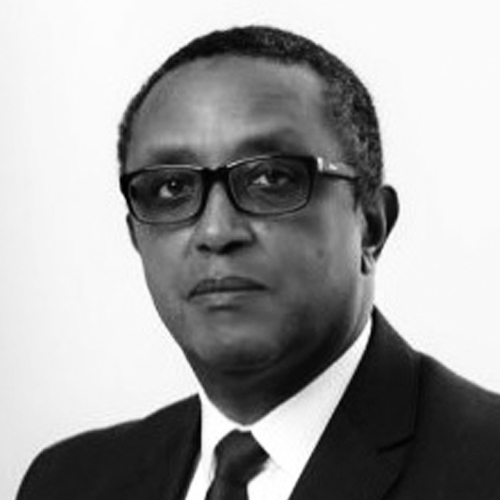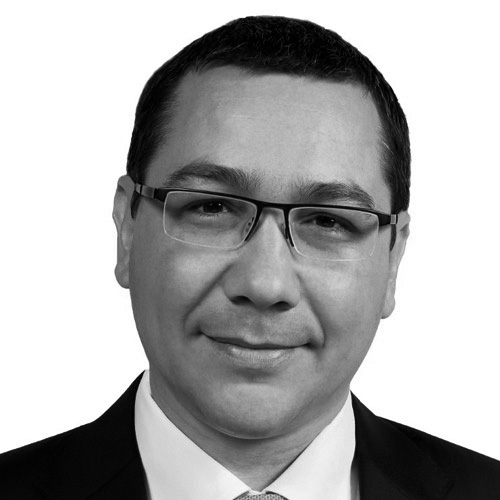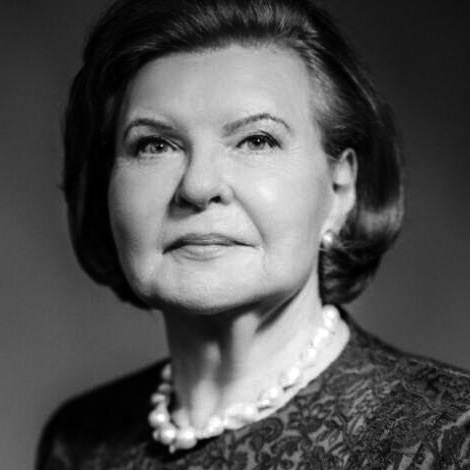The end of the Cold War led to the popular belief that the most pressing question in geopolitics had been settled with the apparent victory of liberalism. What followed was a process of order building by the West, pioneered by the US and grounded in principles of economic interdependence, liberal democracy, and multilateralism. The emerging order came to be known as the ‘Liberal World Order.’ This was characterised by complex interdependence, globalisation, and shared values, while hard power, geopolitical competition and the use of force were deemed old-fashioned. Non-western states – most notably Russia and China – were expected to join Western-led institutions and play by the rules set largely by the US. Since then, issues such as trade liberalisation, nuclear non-proliferation, human rights, democracy, and climate change have become the major concerns of the West in the consolidation of this liberal order. Yet, the post-Cold War settlement was never completely accepted by certain actors in the non-Western world, although they were cautious not to challenge the US head-on to avoid being alienated. With the decline of US influence, increasing division in the EU, and the weakening of liberal values and international institutions, it appears that the post-Cold War settlement is being challenged more directly and overtly, heralding an era marked by further conflict. Competition between global powers is intensifying in different regions across the globe from the Asia-Pacific to the Arctic, the latter of which is fast transforming into a ‘pole of instability’ as geopolitics return to the High North.
Discussion Themes
What can be done to promote the credibility of international institutions in today’s world?
What does the future of multilateral institutions look like in an age of geopolitical crises?
What have we learned from the Ukraine war regarding the role of diplomacy and crisis resolution? • How will multilateralism evolve in a multipolar world where geopolitics becomes the main driver of foreign policy?
What might Türkiye’s contribution be to protecting international peace and security?
How will the arctic race shape tomorrow’s geopolitics?
What is the significance of the arctic in the future of international cooperation and conflicts?
